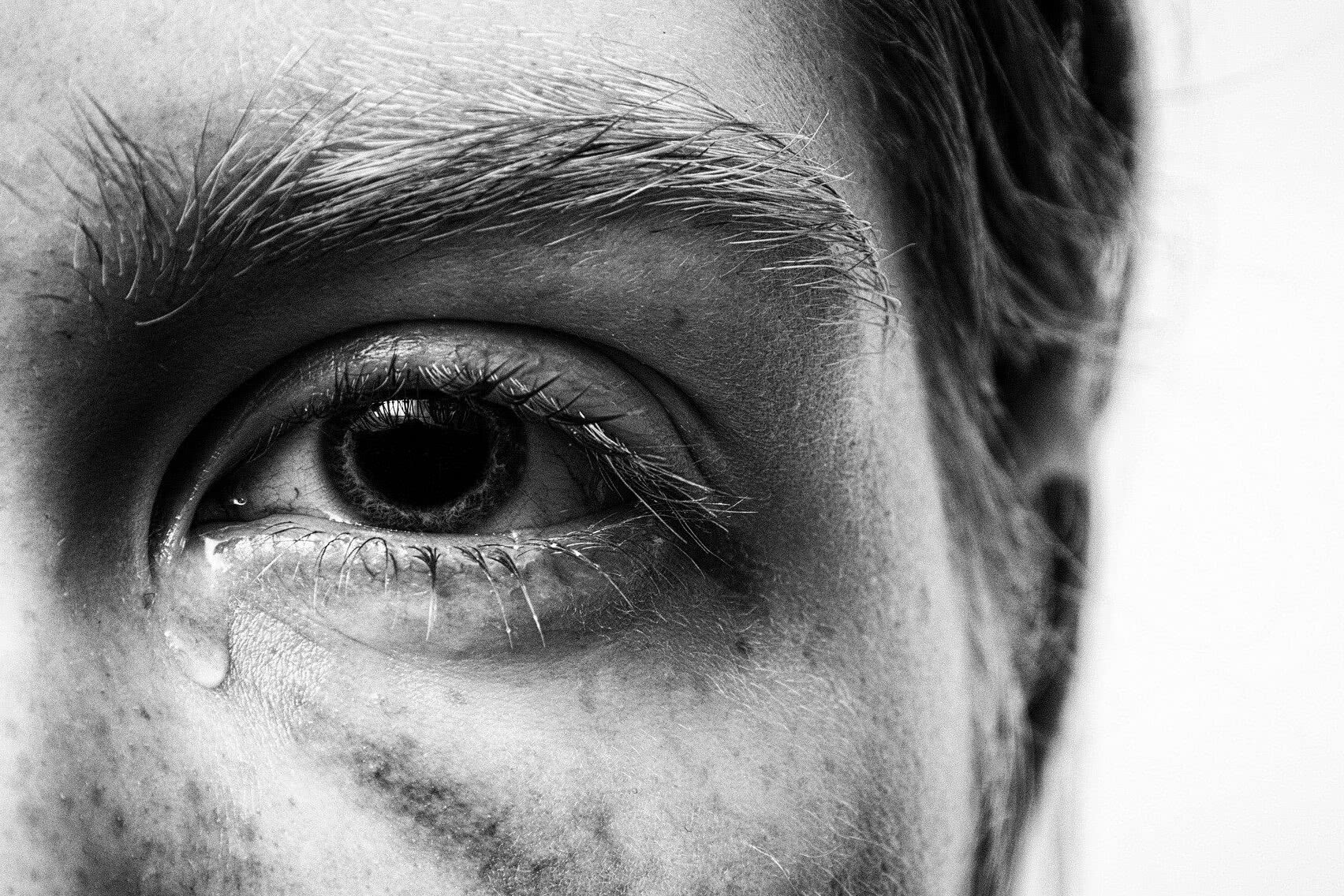Regardless of the cause, psychological trauma is characterized by the following components:
It is often result of an unforeseen occurrence for which the person was unprepared, and there was nothing the person could do to prevent the occurrence from taking place. Trauma symptoms may include: flashbacks mentally/physically in present day life scenarios often with insomnia or repeating patterns of traumatic events. Anxiety or panic attacks and stress which is constant and tough to manage often accompanied by bouts of strong emotions such as anger or resentment. Trauma can be the underlying cause of depression and even suicidal thoughts.
Trauma can reduce self-esteem and confidence which in turn creates cycle if self-medication with alcohol or drugs is very often seen as the only way to deal with terrible situations that replay in a traumatised mind. Self-destructive behavior emotionally, or physically can also be present in individuals with unresolved trauma. Trauma can cause emotional detachment or dissociation, very often hiding the issues can make the person appear alone and distant.
Inpatient treatment is recommended for patients presenting with severe PTSD/CPTSD or a level 6/7 substance use disorder.
Our inpatient treatment programme is based in our exclusive rehab in Johannesburg, nested within the sheltered suburb. When instances of foreign or out-of-town patients are to be admitted, we facilitate the organization of all necessary travel arrangements, including the collection of patients from the airport by at least one member of our support staff. Psychological trauma and addiction are treated as a combined condition and must be treated as such. The most effective treatment strategy is one that is tailored to the individual’s needs and addresses both the addiction and the trauma at the same time.
Our philosophy is to treat patients holistically using evidence-based practices, which is the integration of clinical expertise, expert opinion, client/patient or caregiver perspectives.
During the course of their stay with us, patients receive more one-on-one therapy than in other standard rehabilitation centres. The industry norm is for patients to see their counsellor once per week, whereas at Recovery Direct, patients are seen a minimum of twice per day by their counsellors for one-on-one therapy, with the balance of treatment being done in interactive group sessions.
The following key research-based modalities of treatment are practised with individual and with group therapy sessions and daily psycho-educational/didactic groups. The daily therapeutic programme runs from 9.00-5.00 p.m. daily.
It is also worth noting that because we often treat high profile working professionals, we have not adopted the standard punitive practices of many other rehabilitation centres.
Therefore, our patients are allowed to keep their cellphones and laptops whilst in our care, allowing them to continue to fulfil their work commitments whilst also receiving ‘realtime’ therapy, i.e. we are able to treat them as and when stresses arise, thereby altering their standard dysfunctional responses to stress.
Outpatient Treatment
Patients who present with a lower level of trauma and related substance use disorder are often eligible for the outpatient programme, which can either take place at our online rehab Johannesburg or, more commonly, over video conferencing which takes place over Skype.
There is a common misconception that therapy is only effective if done face-to-face, however we have successfully run the outpatient program for five years online and actually have some patients based locally that prefer to partake in the therapy sessions from the comfort of their home.
The outpatient treatment modality is similar to that of the inpatient programme, adjusted as necessary based on the initial assessment outcome and subsequent presentation of the patient’s mental and emotional state.







